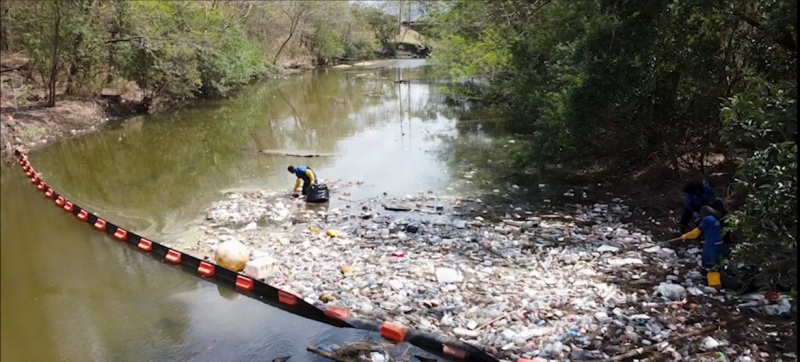
Plastic pollution poses a serious threat to the environment. Global agreement talks to combat plastic pollution to resume next year Climate and Environment
Negotiations between representatives of more than 170 countries to conclude a global agreement to combat plastic pollution concluded in Busan, South Korea, over the weekend. The participants failed to reach an agreement. However, they decided to continue the talks next year.
Delegates also agreed on a new text to serve as a starting point for further work. The meeting in Busan was the fifth session of the Intergovernmental Negotiating Committee on Plastic Pollution. Four previous rounds were held in 2020-2024.
“The global commitment to ending plastic pollution is clear and undeniable. The negotiations here in Busan have brought us closer to a global, legally binding treaty that will protect human health, the environment and our future,” said Inger Andersen, Executive Director of the UN Environment Programme (UNEP).
“This week’s meeting saw significant progress toward the agreement the world demands. The Busan talks saw greater agreement on the structure and elements of the treaty text, as well as a better understanding of countries’ positions and common concerns. But it is clear that differences remain in critical areas, and more time is needed to resolve these issues,” she explained.
Read also:
STORY | Osaki: The Japanese city that recycles almost all of its waste
Intergovernmental Committee Chair Luis Vayas Valdivieso said many of the “essential elements” for an agreement already exist and the Busan meeting had put negotiators “on the path to success.”
“I encourage all delegations to continue to pave the way, build bridges and engage in dialogue,” Vayas said.
“Let us always remember that our goal of reversing and eliminating the serious impacts of plastic pollution on ecosystems and human health is noble and requires urgent action,” he added.
A landmark resolution calling for an international legally binding instrument on plastic pollution was adopted in March 2022 at fifth session of the UN Assembly. According to the resolution, this document should be based on a comprehensive approach covering the entire “life cycle” of plastic, including its production, design and disposal.
“We have tested the resilience of this planet to its limits, now it is time for us to surpass ourselves and justify the trust placed in us – we have no choice but to succeed,” said Intergovernmental Committee representative Jyoti Mathur-Philip.
